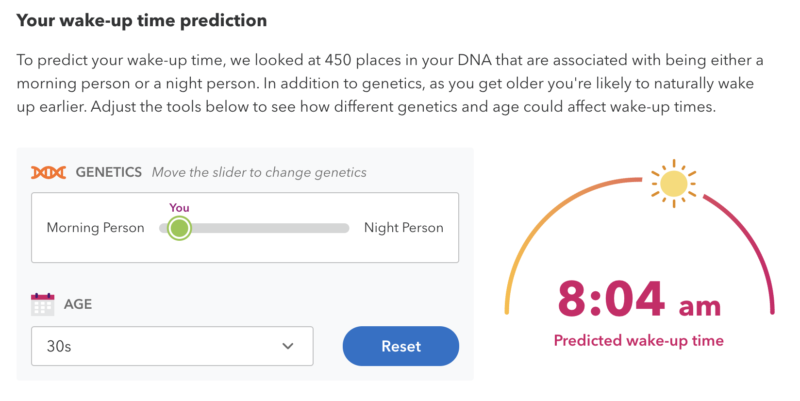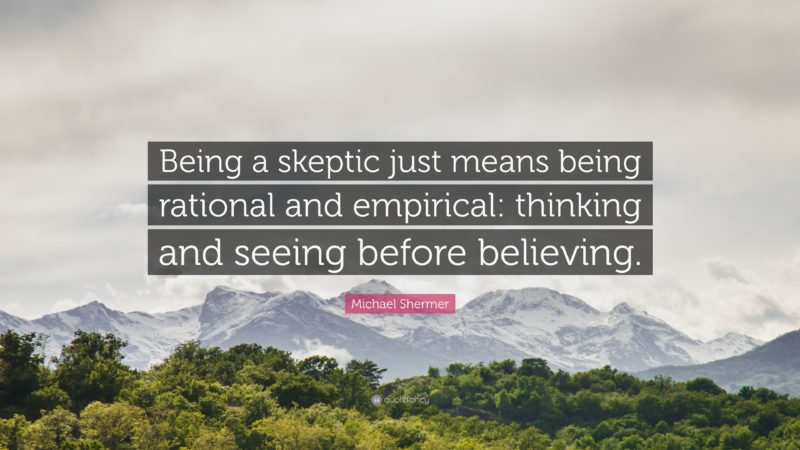 It’s safe to say that as far as public perception goes, poker has gone through what you might call a makeover. No longer is it considered a game played only by men in backrooms or smoky casinos. In fact, the rise of online poker has seen the game come into the mainstream, with events such as the World Series of Poker (WSOP) now watched by millions of people each year. Add to that the fact that we now have many successful female pro poker players and even Jeopardy champions at the tables and well, let’s say people are much more accepting of the game.
It’s safe to say that as far as public perception goes, poker has gone through what you might call a makeover. No longer is it considered a game played only by men in backrooms or smoky casinos. In fact, the rise of online poker has seen the game come into the mainstream, with events such as the World Series of Poker (WSOP) now watched by millions of people each year. Add to that the fact that we now have many successful female pro poker players and even Jeopardy champions at the tables and well, let’s say people are much more accepting of the game.
But did you know that poker has quite the ace up its sleeve? I had to get a pun out of the way before we could continue. Seriously, though, it’s true. Poker has the power to help you improve your self-confidence, and it’s all about adopting the poker mindset.
The Poker Mindset
Poker is a mentally demanding game, and as such, there are many sports psychologists that help players improve their mindset. One such psychologist is Jared Tendler. He helps players improve the mental side of their poker game and get themselves into the poker mindset.
Tendler is of the opinion that self-confidence is key to a player’s success. And that self-confidence comes from a player’s faith in the ability to make the right decisions based on the possible outcomes of the game. However, that doesn’t mean that winning is everything. The truth is it’s quite the opposite.





